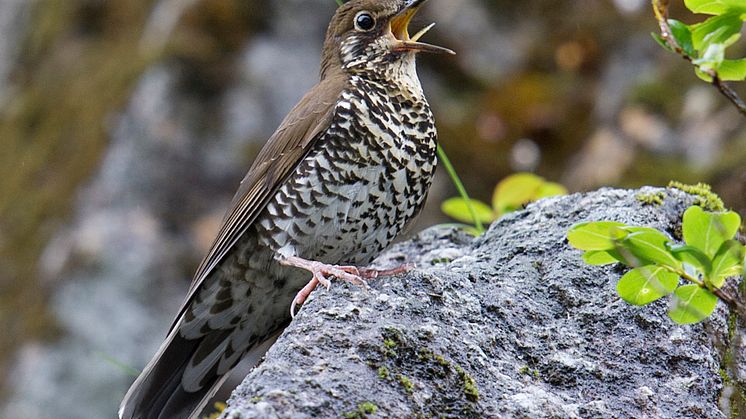Magma-limestone interaction can trigger explosive volcanic eruptions and affect the global carbon cycle
In a new study researchers from Sweden and Italy show what happens when magma meets limestone on its way up to the surface. Magma-limestone interaction might help explain why volcanoes like Vesuvius in Italy and Merapi in Indonesia are particularly explosive and, moreover, it helps us to understand another source of natural carbon released to the atmosphere by volcanoes.
